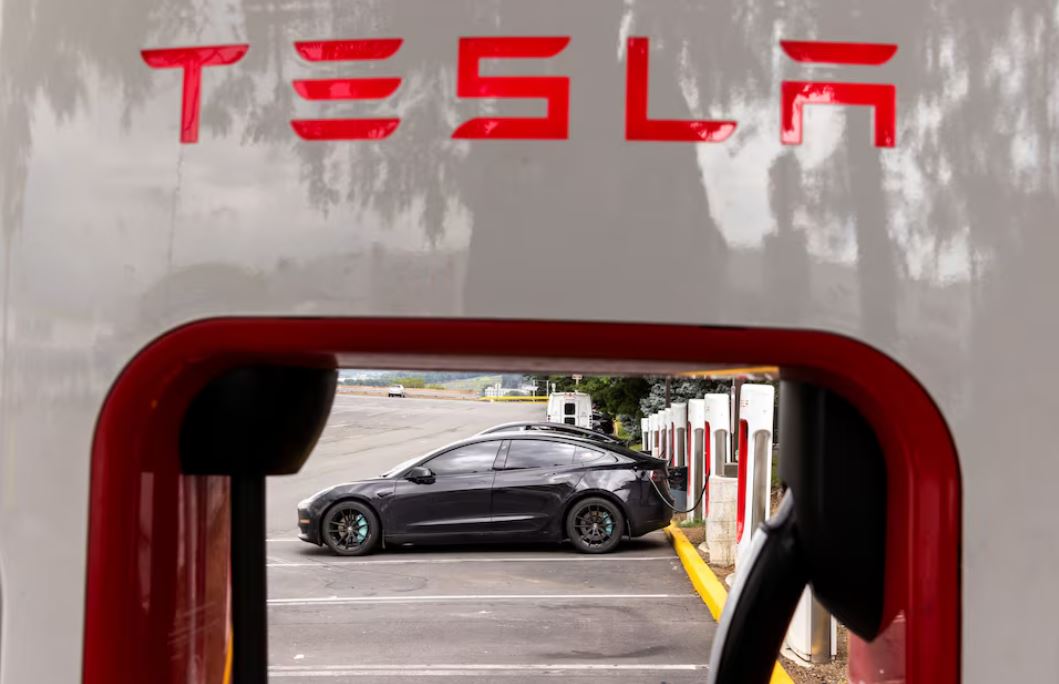Electric vehicles (EVs) and plug-in hybrids are becoming more reliable, but they still fall behind traditional gas-powered cars, according to the latest Consumer Reports (CR) annual auto reliability survey released Thursday.
The survey shows EVs now experience 42% more problems than gas-powered vehicles, a significant improvement from the 79% gap reported last year. Plug-in hybrids have also made strides, with 70% more issues than internal combustion engine (ICE) models, compared to 146% more problems last year. Despite the progress, hybrids and ICE vehicles remain the most reliable types overall.
Brand Performance
Japanese automakers continue to lead in reliability. Subaru and Lexus, Toyota’s luxury division, secured the top two spots in the brand rankings. In contrast, Tesla ranked 17th, while Rivian came in last at 22nd.
Tesla owners reported various quality issues, including body hardware, paint and trim, and electrical accessories. Meanwhile, legacy automaker Ford was ranked 13th, with its F-150 Hybrid identified as its least reliable model.
Survey Scope and Insights
The CR survey evaluated reliability across 20 problem areas, such as engines, electric motors, transmissions, and in-car electronics. Data was collected from over 330,000 vehicles spanning model years 2000 to 2024, with a few 2025 models included.
“While brand rankings can guide you to the showroom, it’s crucial to assess reliability at the specific model level before purchasing,” said Jake Fisher, senior director of CR’s Auto Test Center.
Broader Implications
The findings underline a positive trend in the EV and plug-in hybrid sectors as manufacturers work to address common concerns. However, the persistent reliability gap highlights ongoing challenges in matching the consistency of traditional gas-powered vehicles.
As the auto industry shifts toward electrification, these reliability improvements are encouraging but underscore the need for continued focus on build quality and durability in emerging technologies.



